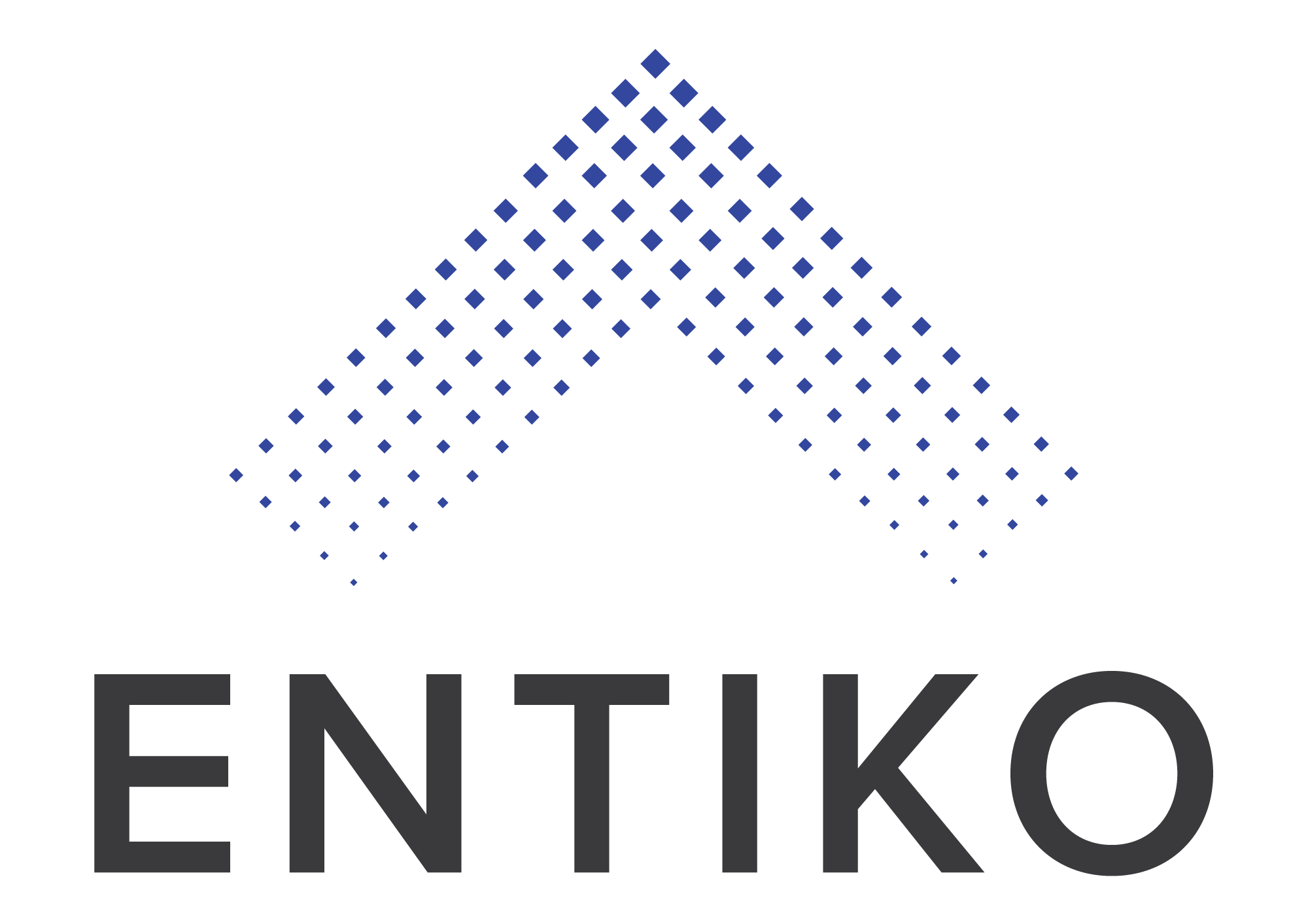The concept of smart cities is rapidly becoming a reality, thanks to the advancements in Internet of Things (IoT) technologies. By embedding IoT sensors and devices into city infrastructures and services, municipalities are able to collect and analyze data in real-time, leading to more efficient, sustainable, and livable urban environments. This integration is transforming various aspects of city life, from traffic management and waste disposal to energy usage and public safety.
One of the key areas where IoT is making a significant impact is in traffic management. Smart traffic lights and sensors can adjust signal timings based on real-time traffic conditions, reducing congestion and improving flow. Similarly, IoT-enabled parking solutions help drivers find available spots quickly, decreasing the time spent circling city blocks and thereby reducing emissions.
In terms of waste management, smart bins equipped with sensors can notify collection services when they are full, optimizing collection routes and frequencies. This not only improves cleanliness but also reduces fuel consumption and emissions from waste collection vehicles.
IoT technologies also play a crucial role in enhancing public safety. Connected surveillance cameras and emergency response systems can react faster to incidents, improving the overall safety and security of city dwellers. Furthermore, IoT devices monitor air quality and environmental conditions, providing valuable data to address pollution and enhance the quality of life.
Additionally, smart energy systems in cities use IoT to optimize the consumption of electricity. Smart grids and meters enable a more efficient distribution of power, reducing wastage and incorporating renewable energy sources more effectively.

Smart Energy Management: Powering the Smart Cities
At the heart of the smart city revolution is smart energy management, a critical component for sustainable urban development. By leveraging IoT technologies, cities can intelligently manage energy consumption, reduce carbon footprints, and move towards greener, more resilient energy systems. Smart grids, which incorporate IoT devices, allow for the real-time monitoring and distribution of electricity based on demand, significantly enhancing efficiency and reliability.
Smart energy management extends to buildings and public spaces, where IoT sensors optimize lighting, heating, and cooling systems to minimize energy use while maintaining comfort. The integration of renewable energy sources, such as solar panels and wind turbines, into smart grids further supports the transition to sustainable energy solutions.
The challenges facing smart energy management include the need for substantial investments in IoT infrastructure and the cybersecurity risks associated with interconnected systems. Despite these hurdles, the benefits of smart energy management, from reduced emissions to enhanced energy security, underscore its importance in the development of smart cities.
Smart cities are leveraging IoT for smarter traffic, waste management, and energy use, leading to greener, more efficient urban living
As cities continue to grow and face environmental, logistical, and social challenges, the adoption of IoT technologies offers a pathway to sustainable urban development. Smart cities represent the future of urban living, where technology and data-driven solutions improve the quality of life for residents while promoting environmental sustainability. The journey towards building smart cities is complex and requires collaboration across sectors, but the potential to create more livable, resilient, and efficient urban spaces is an opportunity that cities around the world are increasingly embracing.



